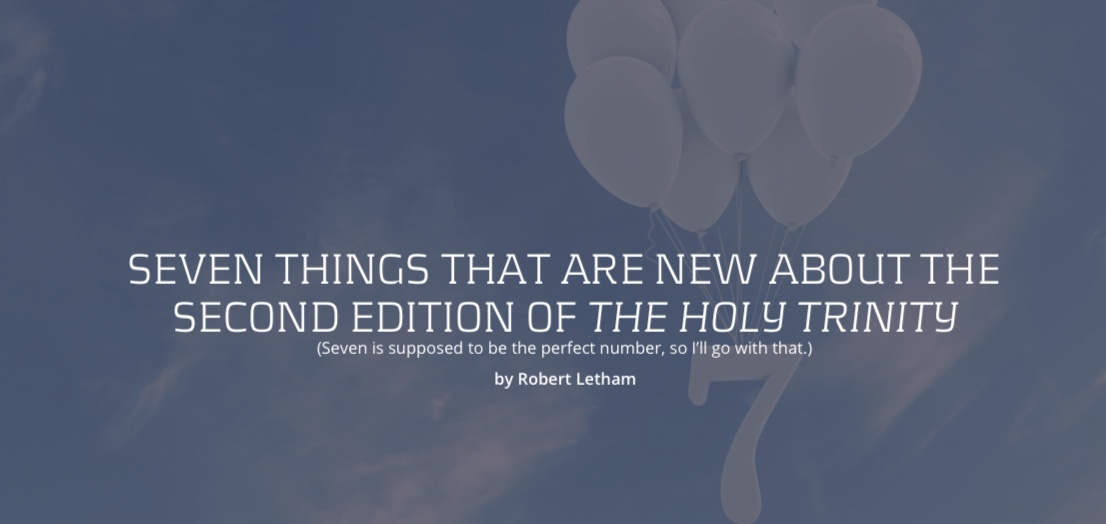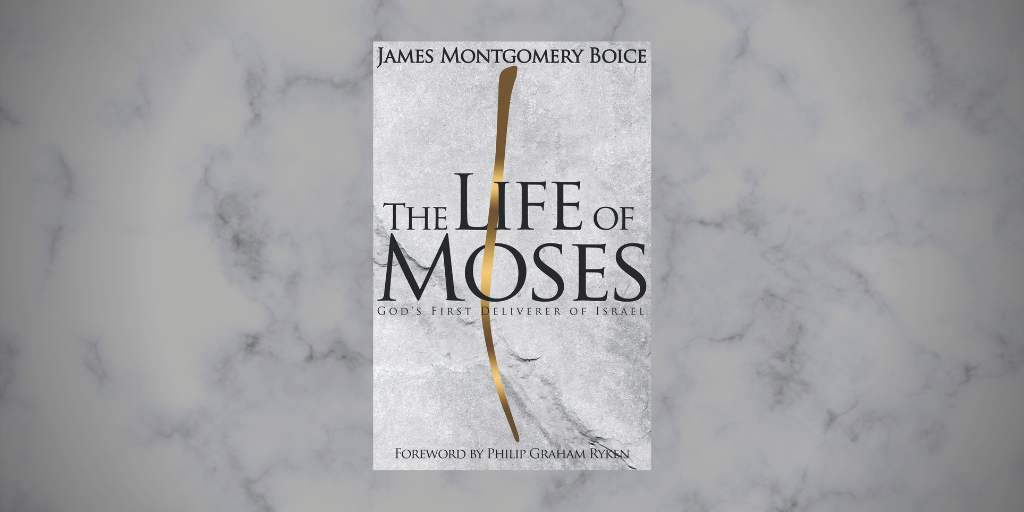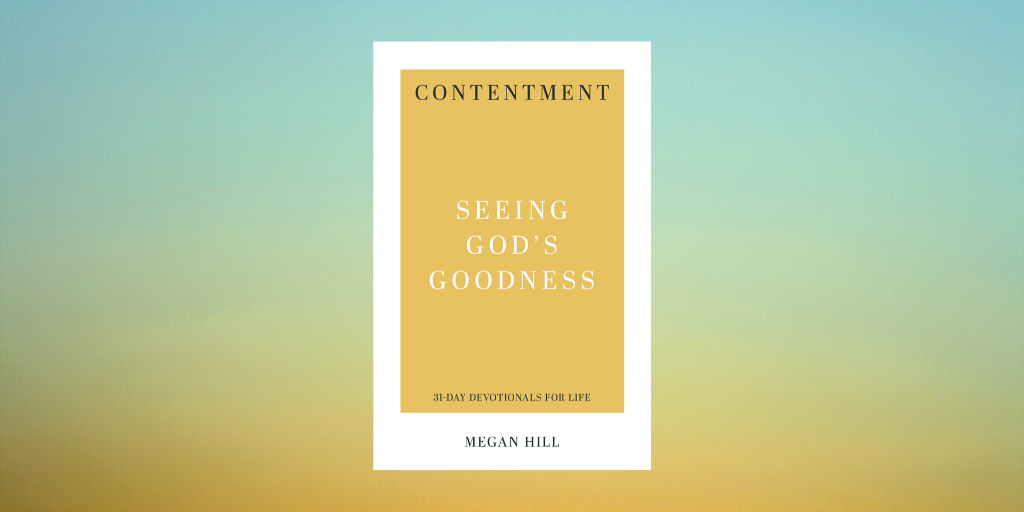P&R has many books for women at all stages of life. Here is a list of some of our women’s resources.
1. The Afternoon of Life: Finding Purpose and Joy in Midlife by Elyse Fitzpatrick
The Afternoon of Life is written for women in the middle years of their lives. As we age, we wonder at the many changes occurring in our lives. How do we make the necessary adjustments? How do we handle all this? Elyse Fitzpatrick shows us how our faith can be at the center of how we respond to these life changes. With humor, transparency, and biblical wisdom, she helps us see that God’s purpose in bringing us through this time is to glorify himself and sanctify us.
2. Hungry: Learning to Feed Your Soul with Christ by Rondi Lauterbach
Just like your body, your soul needs to be fed—but how do you satisfy it? Rondi Lauterbach shows us how to prepare true nourishment that meets our deepest hunger.
3. Bible Study: Following the Ways of the Word by Kathleen Buswell Nielson
What is Bible study, anyway? This book highlights not a rigid set of methods, but a clear approach to Bible study that acknowledges Scripture for what it is—the very Word of God.
4. Joy Beyond Agony: Embracing the Cross of Christ, A Twelve-Lesson Bible Study by Jane Roach
In twelve lessons Jane Roach takes us to different aspects of the cross, showing us what the crucifixion meant to Jesus—and what it can mean to us. Why was it necessary? Why did Jesus embrace it? And how do we take up our crosses and follow him?
5. God for Us: Discovering the Heart of the Father through the Life of the Son by Abby Ross Hutto
Does God feel far off and unconcerned—or even against you? Abby Hutto presents thirteen stories about Jesus from John’s gospel that dispel our distrust and confusion by narrating through Jesus who God truly is. She interweaves testimonials from modern-day believers with further Scripture and discussion questions to assure us that God is for us and longs to draw our confused, distrusting hearts to himself.
6. No Little Women: Equipping All Women in the Household of God by Aimee Byrd
Why are many well-intentioned women falling for poor—even false—theology? Writing to concerned women and church officers, Aimee Byrd pinpoints the problem, which lies especially in the way Christian women have been targeted by the publication industry. Aimee answers hot-button questions—How can women grow in discernment? How should pastors preach to women? What are our roles within the church?—and points us in the direction of a multifaceted solution.
7. Created to Care: God’s Truth for Anxious Moms by Sara Wallace
If you struggle with anxiety as a mom, Sara Wallace wants you to know you’re not alone. What’s more, God’s Word has specific, practical comfort that will help you to embrace this season with peace and confidence. Sara shows how we can learn to have peace in ten critical areas—from our personal insecurities to the spiritual well-being of our children—and provides practical tips from other moms.
8. The Promise Is His Presence: Why God Is Always Enough by Glenna Marshall
Glenna Marshall’s awakening to God’s presence began in the depths of winter. Rereading her journal, she realized that for six months she’d been cataloging all the ways God had abandoned her. What if that . . . wasn’t true? Interweaving her own story of faith and doubt amid suffering, Glenna traces the theme of God’s presence from Genesis to Revelation and shows what it means for us in our own daily joys and struggles.
9. Sufficient Hope: Gospel Meditations and Prayers for Moms by Christina Fox
Motherhood is a wonderful season of life—but also one filled with challenges, trials, discouragements, and stress. Moms labor to tend to the needs of their children and often find themselves empty and spent by the end of the day. But in the gospel we have a wonderful resource to sustain us. God is
more than sufficient to uphold us, and his message of good news applies
to all the daily challenges of motherhood.
10. Extravagant Grace: God’s Glory Displayed in Our Weakness by Barbara R. Duguid
Barbara Duguid uses the writings of John Newton to help us understand why even mature Christians can’t seem to shake off sin—and to make us joyous once again at God’s extravagant grace.
11. Idols of the Heart: Learning to Long for God Alone, Revised and Updated by Elyse Fitzpatrick
Do you feel discouraged, even defeated, in your battle against habitual sin? Are you dismayed or surprised by the situations that bring out your fear, anger, or distress? Elyse Fitzpatrick delves into the heart of the problem: deep down, we’re all idol-worshippers who put our loves, desires, and expectations in God’s place—and then suffer the consequences of our misplaced affections. Yet God loves his people and can use even our messy lives and struggles for his glory. Fitzpatrick shows us how to better search and know our hearts, long for our gracious Savior, and resist and crush our false gods. Includes questions for further thought. Revised edition.
12. Legacy of Faith: From Women of the Bible to Women of Today by Lydia Brownback
Following examples of women of faith is a great way to learn how to become women of God. And the best examples are from the true stories in the Bible. Not all the women of the Bible were faithful to Christ. But we can learn from past women’s failures as well as their triumphs.Legacy of Faith highlights twenty-four of the Bible’s most prominent women. Brownback offers insight and practical application for today’s women. She reveals how we can claim the same promises of Christ as these women did—because God is the same yesterday, today, and forever.
13. Letter to Pastors’ Wives: When Seminary Ends and Ministry Begins edited by Catherine J. Stewart
Pastors’ wives encounter special challenges as well as special joys. These letters from the seasoned wives of seasoned pastors provide empathy, wise counsel, and encouragement on a wide range of topics.
14. Beyond Authority and Submission: Women and Men in Marriage, Church, and Society by Rachel Green Miller
Rachel Green Miller argues that what the Bible teaches about women, men,
and gender is both simpler and more difficult than we’re often told.
Although modern discussions have focused on authority and submission,
there is much more to the biblical picture. Examining common beliefs in
the light of Scripture, she draws out important biblical themes that
will strengthen our relationship as co-laborers in the kingdom of God
and for the good of this world.
15. My Grandmother Is . . . Praying for Me: Daily Prayers and Proverbs for Character Development in Grandchildren by Susan Kelton, Pamela Ferriss, & Kathryn March
Pray for your grandchild’s spiritual development throughout the year with this guide that focuses on one character trait for each month. The daily lessons contain Scripture references, prayers, and activities.
16. Prayer PathWay: Journeying in a Life of Prayer by Kathi Lambrides Westlund
Each one of our days is a small portion of life’s grand
journey. Are you prepared to travel? God calls us to pray because he
knows that we need him; he uses prayer to connect with us through all
the stages and seasons of life. The result of the author’s forty-year
prayer journey, Prayer PathWay is a guide to
assist fellow sojourners. To help readers along the way, Kathi Westlund
uses eternal biblical truth, timeless wisdom from sages, and practical
tools centered around the acronym PRAYERS (Praise, Repent, Ask, Yield,
Express thanks, Rejoice, Shalom). The guide can be customized and
modified to fit your needs, so that you can develop and establish a
personal prayer routine that will hold up for years to come.







